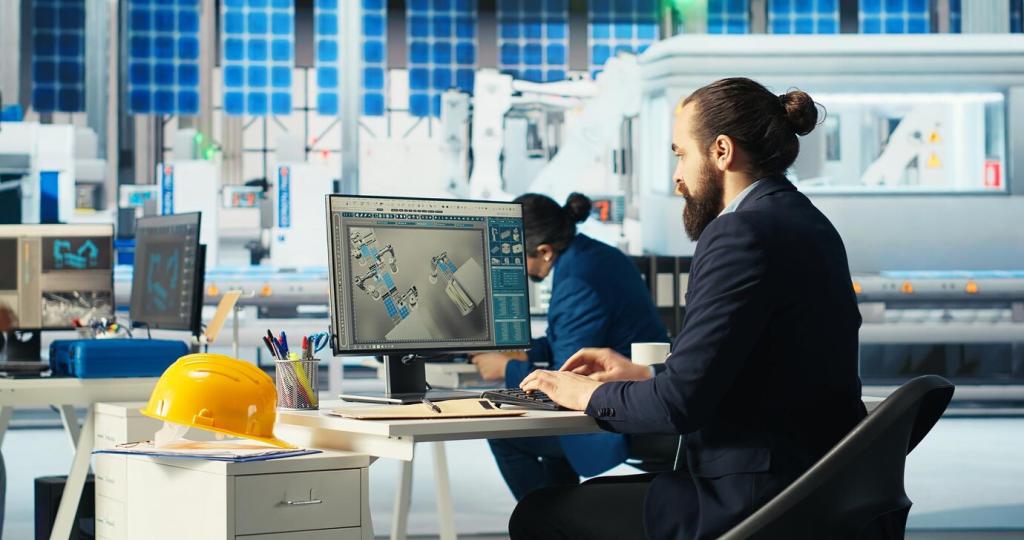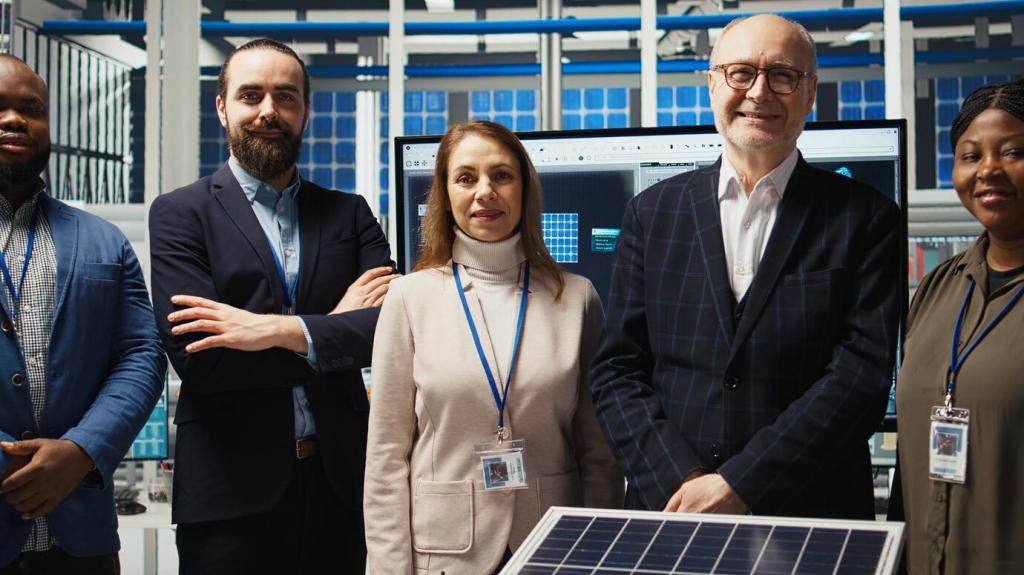
Innovative Technologies Shaping Sustainable Smart Homes
The evolution of smart home technologies has moved beyond convenience and automation—it now plays a pivotal role in fostering sustainability and environmental consciousness. Innovative solutions are being woven into the fabric of modern homes, empowering homeowners to reduce their ecological footprint while enhancing comfort and efficiency. As global awareness of sustainability grows, the integration of advanced technologies is reshaping how we live, interact with our environment, and consume resources within our homes.
Intelligent Energy Management
Advanced smart meters serve as the foundation of an intelligent energy ecosystem within sustainable homes. By providing accurate, real-time insights into electricity, water, and gas usage, these devices enable homeowners to make more informed decisions about their consumption habits. Their integration with home automation platforms allows for personalized settings and alerts, further driving energy consciousness. Over time, the granular data collected from smart meters empowers utility providers to optimize energy distribution on a larger scale, making entire neighborhoods smarter and more efficient.


Smart Lighting and Climate Control
Adaptive LED lighting systems revolutionize household illumination by delivering the right light intensity and color temperature based on user activities, occupancy, and natural daylight availability. Sophisticated sensors and algorithms work in tandem to ensure that lights are used only when and where needed, optimizing energy usage throughout the day. Beyond savings, these systems contribute to occupant well-being by mimicking natural light cycles and reducing eye strain. The seamless integration with voice assistants and mobile platforms further elevates user convenience while keeping sustainability at the core of the experience.
Greywater recycling systems capture and treat lightly used water from showers, sinks, and washing machines, redirecting it for non-potable applications such as toilet flushing and landscape irrigation. Smart monitoring technologies ensure the water is processed safely and efficiently, adjusting filtration and distribution based on usage patterns and demand. By reducing dependence on fresh water supplies, these systems significantly decrease household water consumption, making them a valuable component in regions facing water scarcity. The integration of remote monitoring and maintenance alerts further enhances system longevity and effectiveness.
